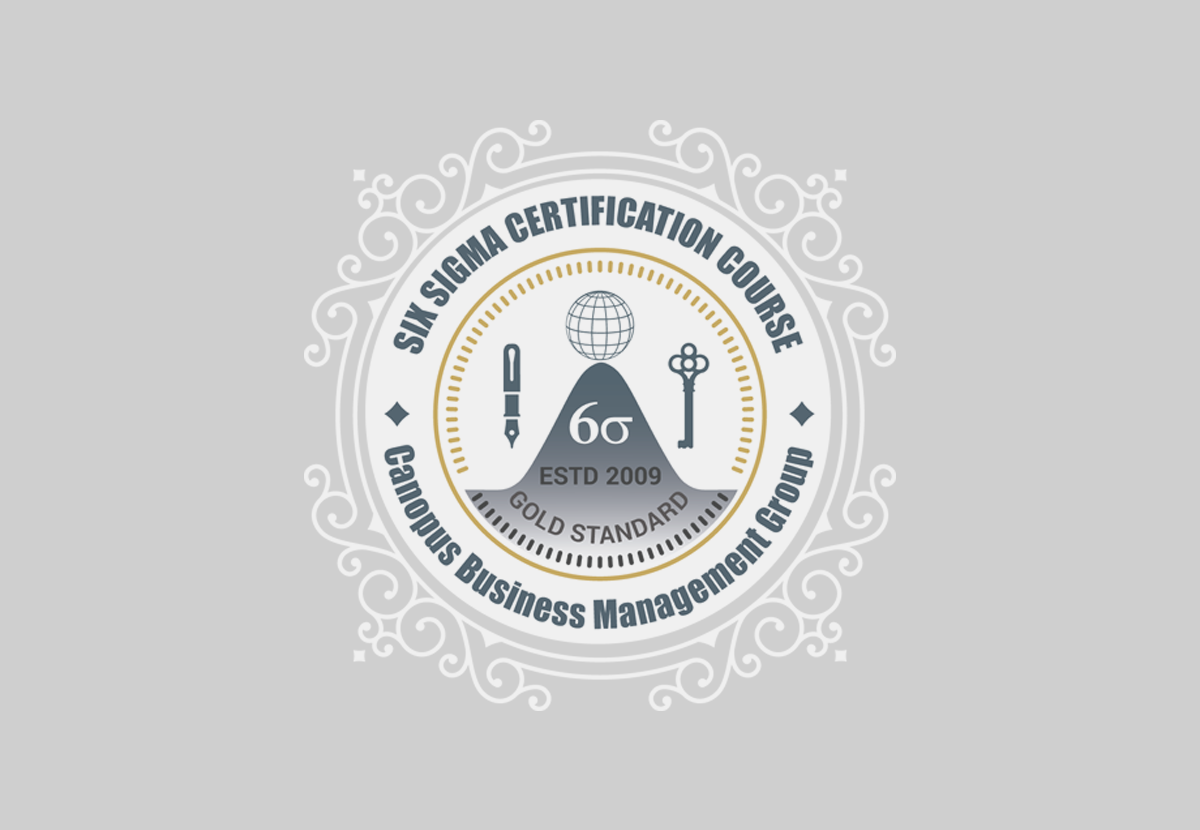Agile methodology has had a significant impact on the project management profession, both in terms of its approach and the skills required for success. Here are some of the ways Agile has impacted project management:
- Increased focus on customer satisfaction: Agile methodology places a strong emphasis on customer satisfaction, which requires project managers to be more customer-focused and to work closely with stakeholders to ensure that the project meets their needs.
- Greater collaboration and teamwork: Agile methodology requires cross-functional teams to work together closely, which has increased the importance of communication, collaboration, and teamwork skills for project managers.

- More flexibility and adaptability: Agile methodology is more flexible and adaptable than traditional project management approaches, which has required project managers to be more agile in their thinking and approach to managing projects.
- Greater emphasis on continuous improvement: Agile methodology is based on continuous improvement, which requires project managers to be more proactive in identifying opportunities for improvement and implementing changes.
- More iterative and incremental approach: Agile methodology is based on an iterative and incremental approach to project delivery, which requires project managers to be more focused on delivering value in small increments rather than completing large, complex projects all at once.
Overall, Agile has had a significant impact on project management, and it has changed the way many organizations approach project management. As Agile continues to evolve, it will likely continue to shape the project management profession in new and innovative ways.






